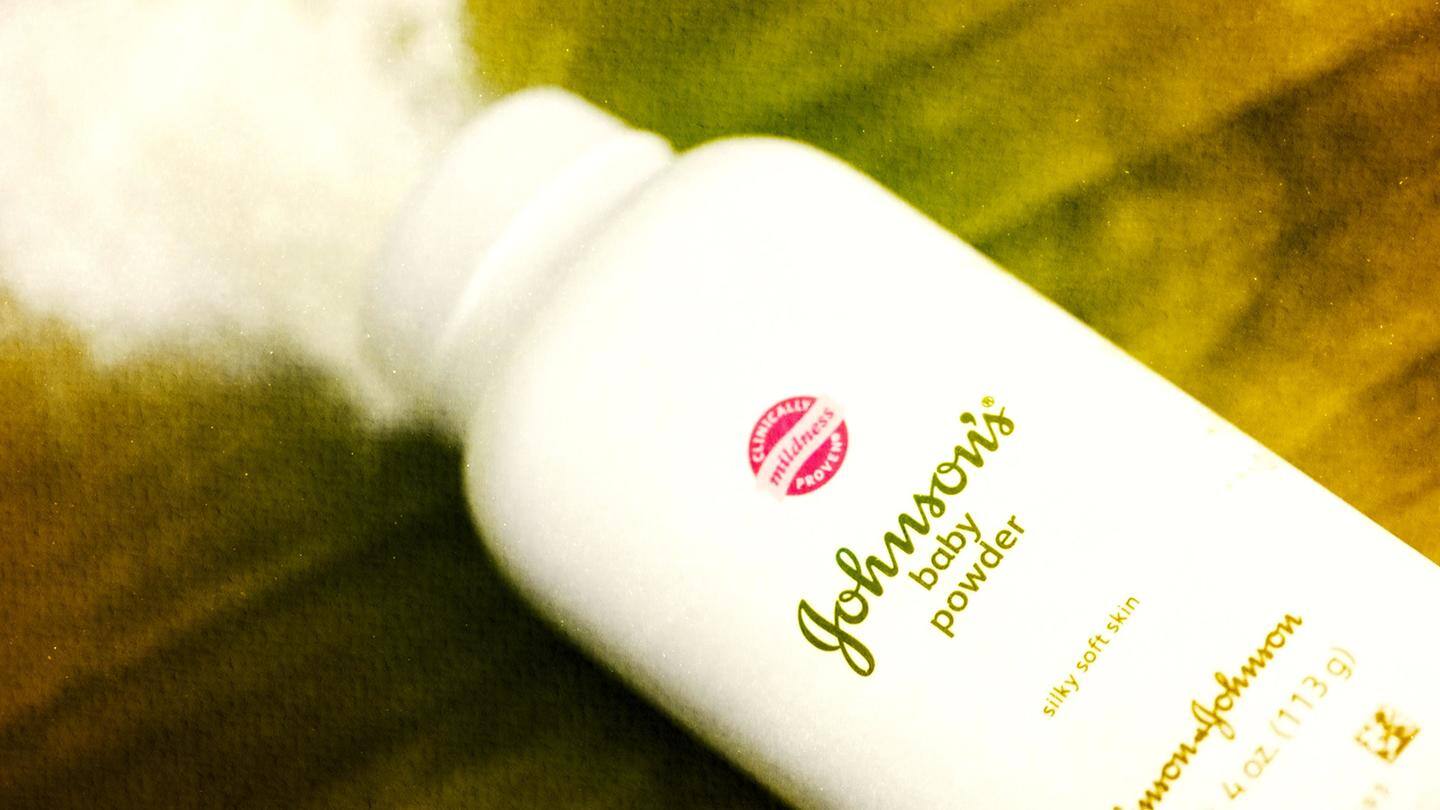
Maharashtra cancels Johnson's baby powder license, company moves court
What's the story
Maharashtra's Food and Drug Administration (FDA) canceled the baby powder manufacturing license of American pharmaceutical giant Johnson & Johnson Pvt. Ltd. on Friday citing "public health at large."
The FDA said that the company's talc-based powder could affect the skin of newborn babies.
The company has not accepted the report and challenged it in court to be sent to the Central Drugs Laboratory.
Context
Why does this story matter?
Last month, the company announced that it would discontinue its talc-based baby powder globally in 2023.
This came following a barrage of lawsuits from women claiming that the product contained asbestos which caused them ovarian cancer.
The company had discontinued the product two years ago in the US and Canada but continued its sale in India, drawing flak from child rights groups.
Test
Samples did not conform to pH standards
The FDA took samples of Johnson's baby powder from Pune and Nashik for quality check and were sent to the Central Drug Laboratory in Kolkata.
The lab came out with a report which concluded that the samples were not of standard quality and failed the pH test under IS 5339:2004 specification for skin powder for infants, reported PTI.
Twitter Post
Read the regulator's statement here
Maharashtra Food Drugs Administration has cancelled the manufacturing license of Johnson’s Baby Powder of Johnson’s Johnson’s Pvt. Ltd., Mulund, Mumbai after samples of the powder drawn at Pune Nashik were declared "Not of Standard Quality" by the govt pic.twitter.com/4iFIdNd9RI
— ANI (@ANI) September 16, 2022
Notice
J&J directed to recall entire stock from market
The FDA has instructed Johnson & Johnson to recall all its stock from the market and issued a show-cause notice to the company under the Drugs Cosmetics Act 1940.
In its reply, the company said it didn't accept the report touting its "decades of independent scientific analysis by medical experts around the world" that showed the product was safe for babies.
Claim
No asbestos contamination in our product: J&J
Although a detailed statement is awaited from the company, it said that studies had "confirmed" that the talc-based powder did not contain asbestos or cause cancer.
In last month's announcement, the company said it would switch from talc to corn starch for manufacturing the baby powder.
For decades, doctors have cautioned against talc because inhaling it, even devoid of asbestos, can cause respiratory illnesses.